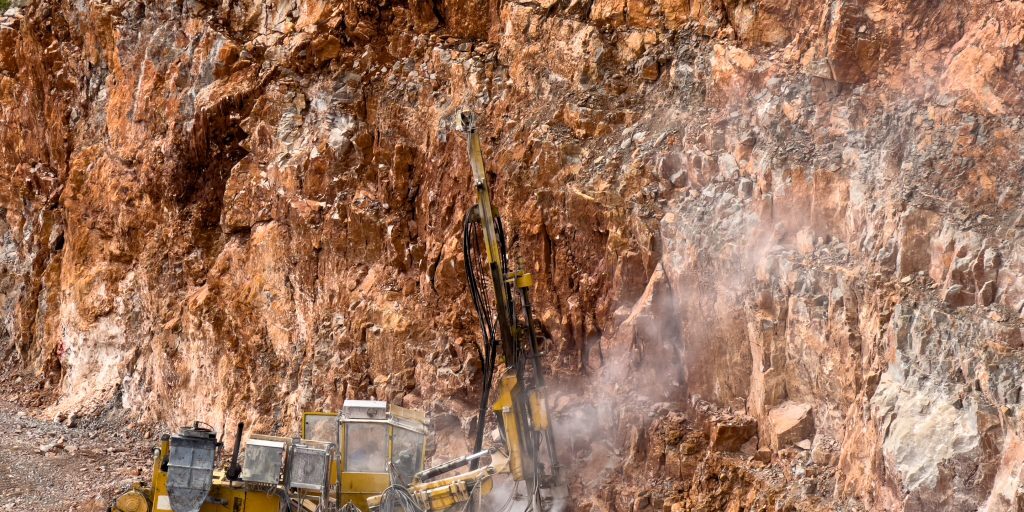FRENCH GUIANA, Cayenne
In the latest episode of Faces and Voices, Bishop Alain René Ransay of Cayenne reflected on the intertwined environmental and spiritual challenges facing the Amazon region.
Speaking with Eric García Concepción, Deputy Secretary General of CELAM, Bishop Ransay highlighted how illegal mining and religious fragmentation are deeply affecting communities along the region’s vast rivers.
“We have many challenges,” Bishop Ransay said. “I think the most important challenge is the pollution of the environment of the biome but also the pollution of spirit, you know, because we have a lot of sects…The same way that the men making illegal extraction of gold are polluting the rivers and the country with the mercury, the same way they destroy the cultures of the indigenous people…That is a pollution also of spirit.”
The bishop described how illegal gold mining has poisoned rivers and fish, a primary food source for many Indigenous families. Yet, he warned, spiritual erosion caused by certain religious movements has been equally damaging, undermining traditional cultures and beliefs.
Bishop Ransay recalled witnessing exploitation by visiting pastors. “Yes, I have in mind some pastor coming with a helicopter, coming to villages and taking the money of the people when they have received the money from the State…The people are becoming poor in mind, in culture, in resources,” he said.
He explained that the Diocese of Cayenne spans a territory “as large as Portugal” but has only about 30 priests. “It’s very difficult to deal with such a great country and the long distances,” he said. “We try to be present at least once each month [in the villages], but it’s not always the case…To have a Catholic life without the presence of the priest, that’s a very big challenge for us.”
When asked about the link between the defense of creation and the proclamation of the Gospel, Bishop Ransay emphasised that both physical and spiritual needs must be met.
“That’s a very important question because…the Catholic Church spoke about 14 works of mercy,” he said. “We have been strong in the Corporal Works of Mercy, but we have been very weak in the Spiritual Works of Mercy… People who are going through big troubles didn’t find enough support in their Catholic communities…They often receive support from other religions.”
He called for greater balance, saying, “If we want to succeed in our pastoral approach and our mission toward those peoples, we have to keep the balance between the Corporal Works of Mercy and the Spiritual Works of Mercy.”
Reflecting on Pope Francis’ encyclicals Laudato Si’ and Evangelii Gaudium, the bishop said they offer a framework for that balance. “Those two encyclicals are giving us the tools to keep the balance…We try to do that in my diocese,” he noted, citing programmes for youth education, support for the sick, and outreach to migrants. He described weekly moments of communal prayer and consolation: “Each Sunday, during Vespers in the cathedral, we have a prayer time with the sick and those going through big troubles…It lasts one hour, but the people are very happy and many people are coming, young people as well as people more aged.”
On the topic of synodality, Bishop Ransay expressed gratitude for the collaboration among Amazonian bishops. “Yes, that’s very, very important,” he said. “This meeting with the bishops of the Amazon area…creates a place for us to know each other, to discern together, and to look for solutions for our own dioceses and for all the Amazon area.”







